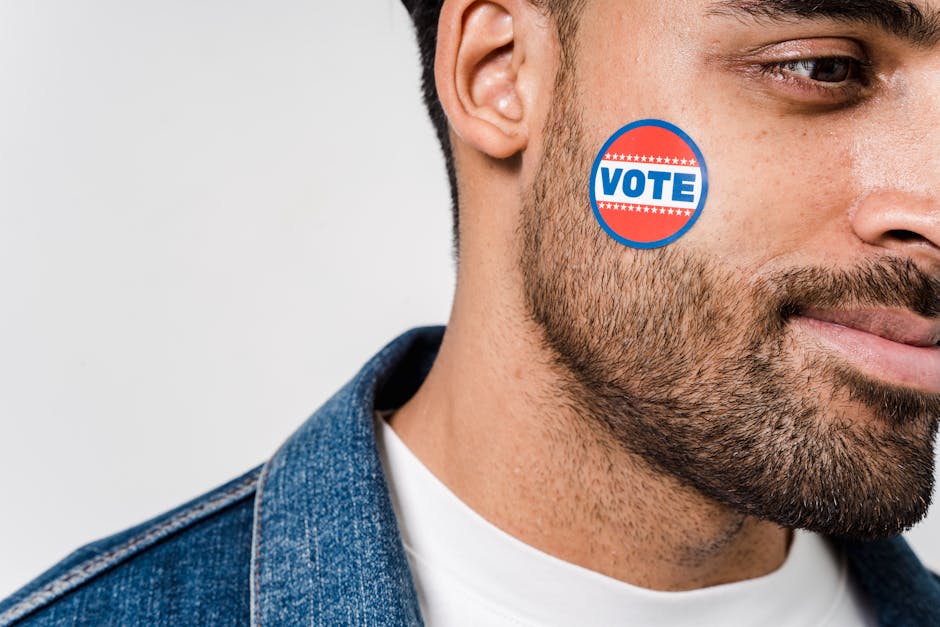The internet, and subsequently social media platforms, has irrevocably altered the political landscape. No longer confined to traditional media outlets, election campaigns now navigate a complex digital sphere where information spreads rapidly, opinions are shaped, and votes are potentially swayed. This article delves into the multifaceted ways social media influences election outcomes, exploring the benefits, drawbacks, and the evolving dynamics of this digital democracy.
A primary influence of social media on elections stems from its power as a potent campaigning tool. Candidates can bypass traditional media gatekeepers, directly engaging with constituents through targeted advertising, personalized messaging, and interactive content. This allows for a remarkably efficient and, at times, cost-effective method of reaching vast audiences, fostering direct connections, and circumventing the limitations of traditional campaign structures. Candidates leverage social platforms to cultivate an online persona, disseminating their viewpoints, policies, and personality directly to the electorate. This direct interaction often fosters a sense of immediacy and accessibility, creating an impression of closeness and authenticity, particularly for those less familiar with the candidate’s offline presence.
Beyond direct campaigning, social media platforms act as powerful information dissemination channels, albeit ones requiring critical scrutiny. The speed at which news and information travels through these platforms is undeniable. News cycles can be shortened, breaking news disseminated in real time, and debates, rallies, and candidate statements instantly shared. However, this immediacy also fuels a potent risk. The authenticity and accuracy of information shared are crucial considerations. Misinformation, often designed to damage a candidate or spread biased viewpoints, can proliferate at an astonishing rate. The challenge for voters becomes discerning credible sources from fabricated ones in a chaotic, information-saturated environment. This makes the critical analysis and verification of content a fundamental civic responsibility.
Social media platforms can also act as vital tools for mobilizing voters and galvanizing support. Organised rallies, fundraising appeals, and calls to action often rely on social media networks to reach a broad range of potential supporters. Online communities and groups centered around specific political views, ideologies, or causes can provide a powerful mechanism for collective action. By connecting like-minded individuals, they amplify voices and create a sense of collective purpose, thereby influencing the electoral landscape in significant ways. Successful mobilization campaigns use targeted content and persuasive language to motivate followers, encouraging participation and engagement in the political process.
Nonetheless, the influence of social media is not without its caveats. Algorithmic filtering and personalized news feeds can create “filter bubbles,” wherein users are predominantly exposed to content aligned with their existing beliefs. This echo chamber effect can reinforce existing biases, hindering exposure to diverse perspectives and fostering a polarized political climate. Such self-segregation can limit opportunities for understanding alternative viewpoints, potentially hindering broader consensus-building crucial to a healthy democracy.
The role of social media in shaping public opinion is undeniable. Online discussions, comments, and posts generate and disseminate opinions, often impacting the perception of issues and candidates. Public perception, often influenced by online sentiment and trending topics, plays a vital role in candidate positioning and, subsequently, election outcomes. Candidates with strong online presence and positive public perception often reap rewards in public favour and voter support.
Furthermore, the use of social media advertising and targeted campaigning raises ethical questions. The collection of user data and its potential misuse in influencing voters is a crucial concern. Precise targeting of ads based on personal information, interests, and online behavior can be used both ethically and unethically. While targeted advertising can accurately direct messages to specific demographics, concerns arise regarding the potential for manipulating public opinion or spreading misinformation to specific groups. Transparency in campaign spending and usage of data is critical for maintaining democratic integrity.
Finally, the rise of social media as a platform for political campaigning necessitates a reconsideration of traditional media roles. The changing dynamics of information dissemination force media outlets to adapt, balancing objectivity with the need to accurately report on the complex and evolving digital landscape. Journalistic responsibility remains crucial in verifying information and scrutinizing the narratives circulating online, countering the potential for misrepresentation and misinformation. This crucial role ensures accurate reporting and maintains trust within the electorate.
In conclusion, social media’s pervasive influence on elections is multifaceted and multifaceted. It provides unparalleled access and efficiency for campaigns, facilitates information dissemination and mobilization, but also carries risks of misinformation, filter bubbles, and ethical concerns. As the digital landscape continues to evolve, a critical approach to media consumption and a commitment to transparency and ethical practice within the political sphere remain essential in navigating this complex interplay of technology and democracy. The future of elections will increasingly rely on a populace equipped to navigate the digital crucible, capable of discerning truth from fiction, and maintaining a healthy skepticism of the ever-present influences within the digital world.
